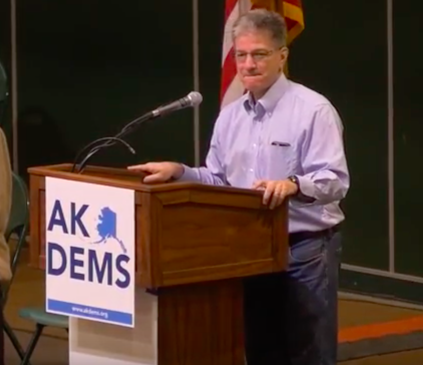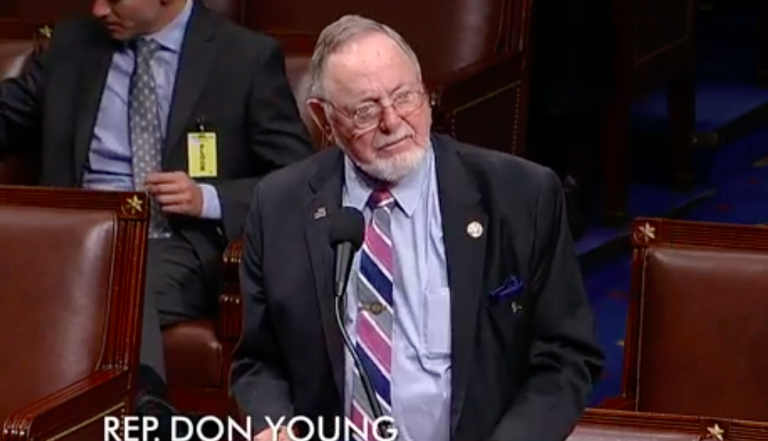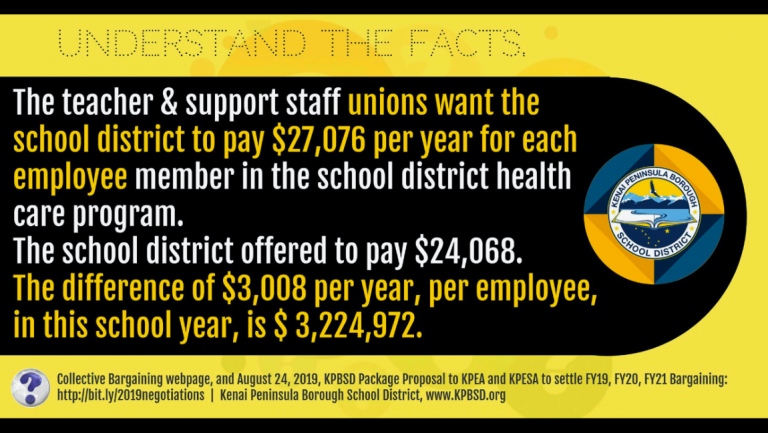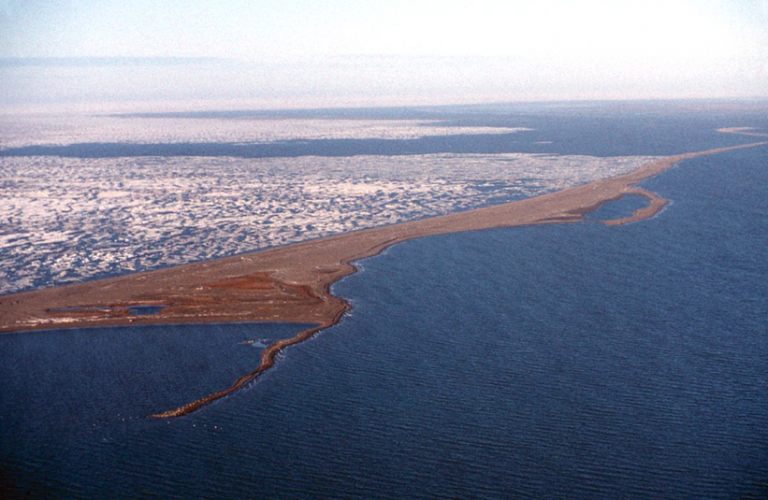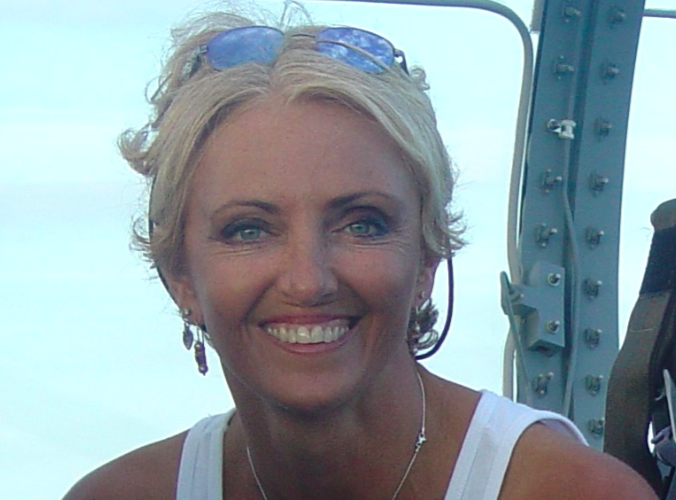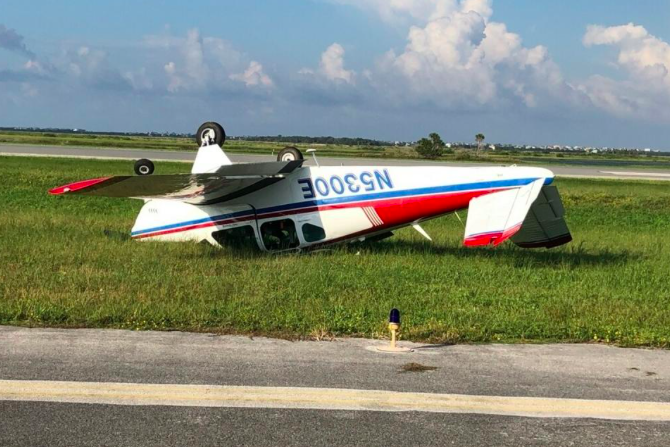By DAVE DONLEY
On Tuesday, Sept. 17, the Anchorage School Board will vote on whether the Star Spangled Banner and Alaska Flag Song should be played at least once a month in Anchorage schools.
It will probably fail.
To be clear, the same as with the Pledge of Allegiance, nothing in the proposed policy forces any student to sing or even stand for the playing of the National Anthem.
I believe some of our public schools are failing to adequately prioritize our teaching the history, culture, and traditions that unify us as citizens of the United States of America.
Unlike most homogeneous countries around the world that have a single ethnic culture; there are surprisingly few things that unite and hold Americans together as a people.
Most obvious of these cultural foundations are the U.S. Constitution, the Declaration of Independence, our flag, our firm belief in democracy, our republican form of government, and our unique American culture that includes patriotic and historical music.
For a country to be successful national unity is a necessity. Unity does not preclude diversity. But diversity without unity has been the downfall of nations throughout human history.
Our founding leaders knew this when they adopted “E Pluribus Unum” or “From Many One” as a national motto. It recognizes that a group of diverse people, bringing the strengths of many cultures and uniting them into one culture, produced the greatest and strongest nation in the history of human kind.
Anchorage School Board policy BP 0210 states that a quality education includes among other important lessons: “An awareness and understanding of our country’s history and ideals and its diverse ethnic, racial and cultural heritage.”
In early 2018, as a newly elected member of the Anchorage School Board, parents of Anchorage School District students contacted me to complain that their childrens’ school was not saying the Pledge of Allegiance. I investigated the district policy and found saying the Pledge daily was a district mandate.
I also discovered that the existing policy called for the School Board to designate other patriotic activities for all schools. I reported the failure to comply with district policy Pledge policy to the Superintendent and the failure was confirmed and corrected.
It was also confirmed that the School Board had never followed the policy calling for the Board to designate other patriotic activities to happen on a “regular basis.”
It occurred to me that playing the National Anthem and the Alaska Flag Song once a week would be a great patriotic activity to have schools do on a “regular basis.”
I knew that at least three schools in the district already played the National Anthem and the Alaska Flag Song every morning. Those three schools also happen to be top 10 performing schools.
I let my patriotism get away with me and thought “Who could be against playing the National Anthem and the Flag Song?’ So I sponsored a new Board policy to require weekly playing of these patriotic songs.
I was so wrong to expect support from my fellow board members.
What followed was multiple committee and board meetings on the proposal at which some Board Members and others stated on the record that the Star Spangled Banner was offensive to some minorities, was already taught in music classes, was too militaristic, was already in schools enough, and we should not have to teach students patriotism.
School surveys however indicated some schools never played the National Anthem and some music teachers were not teaching it (in violation of District music curriculum).
The first School Board meeting when scheduled for a vote, a majority voted to return the proposal to committee and not even allow a vote on the proposal.
This was despite overwhelming public testimony in support.
The President of the Teachers union spoke against the proposal, questioning the appropriateness of the proposed policy. He seemed particularly concerned with the third verse of the Star Spangled Banner.
Board Member Margo Bellamy also has expressed concern with the third verse at the last Board meeting, but the proposal is just to play the National Anthem, not to require the singing of it and certainly not all four verses. However, I am a fan of the fourth verse and in particular: “And this be our motto – “In God is our trust,” And the star-spangled banner in triumph shall wave O’er the land of the free and the home of the brave.’
Months and multiple committee meetings went by and another survey of school principals indicated that although a majority of principals did not support playing these patriotic songs once a week the majority was not opposed to having the songs played once a month.
I amended my proposal to require the playing once a month and it moved from committee back to the full Board on a two-to-one vote. At those committee meetings and in subsequent Board meetings, four of the seven current Board members clearly stated their opposition to the monthly proposal.
Board President Starr Marsett, and; Members Margo Bellamy, Alicia Hilde, and Denna Mitchell have all clearly stated their opposition on the record. Those four votes are a majority.
The monthly proposal is on the Tuesday meeting agenda for a final vote, and unless something changes it will not pass. Anyone can testify at a School Board meeting on any matter before the Board for three minutes. The School Board meetings start at 6 pm at the Anchorage Education Center at 5530 E. Northern Lights Blvd.
Are there more pressing problems with our schools? Possibly, but we and our schools certainly have the time for this also. Those top performing Anchorage schools playing the National Anthem every morning to start the school day prove that.
As our nation becomes more diverse, some widely shared traditions are starting to fade, including the playing and singing of patriotic songs. Harvard ethnomusicologist Kay Kaufman Shelemay has explained that music and “singing can be transformative,” and can help create a unified community from diverse individuals.
So as we celebrate and recognize the new American diversity, I hope Americans will not give up on those parts of our American culture that help hold us together as a nation.
Dave Donley is a parent of children in the Anchorage School District and individual member of the Anchorage School Board and this opinion does not represent the position of the Anchorage School Board or the Anchorage School District.

